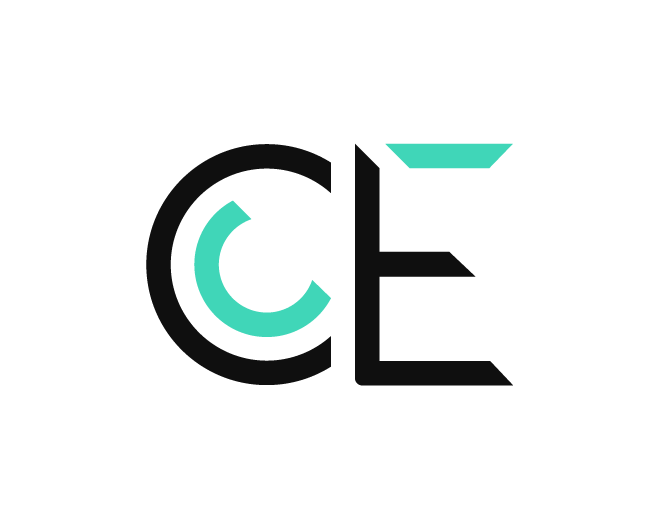Valerie Bauerlein and Matthew Karnitschnig, Wall Street Journal
May 05, 2009Pepsi Bottling Group Inc. rejected a nearly $4.2 billion offer from PepsiCo Inc. to buy the remaining two-thirds stake it doesn’t already own of its biggest bottler, calling the bid “grossly inadequate.” The move, though not unexpected, illustrates that PepsiCo could face a long slog in its effort to acquire Somers, N.Y.-based Pepsi Bottling and Minneapolis-based PepsiAmericas Inc. to retool its bottling system for a business increasingly dominated by teas, waters and juices. Pepsi is the biggest holder in Pepsi Bottling and owns over two-fifths of PepsiAmericas, but the bottlers have considerable leverage in talks. Both bottlers convened independent committees that don’t include PepsiCo’s board representatives to evaluate the bids.
In a written response to PepsiCo Chairman and CEO Indra Nooyi Monday, Pepsi Bottling Group CEO Eric Foss and lead independent director Ira Hall called PepsiCo’s bid opportunistically timed, coming just before Pepsi Bottling released first-quarter earnings that exceeded analysts’ expectations. Pepsi Bottling’s shares traded as low as $17.12, or about 40% below the offer price of $29.50, in the weeks leading up to the bid. Mr. Foss and Mr. Hall also said the Pepsi bid undervalued the company and “substantially understated the synergies” that would come from a merger. They said likely savings would be “multiples” of the $200 million Pepsi predicted. A number of analysts predict that PepsiCo will ultimately have to raise its offer, estimating the potential cost savings from a deal at $500 million to $1 billion. PepsiCo’s offer represented a 17% premium over the value of Pepsi Bottling’s shares the day before the bid and more than 30% over the 30-day average price. Bill Pecoriello, chief executive officer of ConsumerEdge Research LLC, a consumer products research group, estimates the price PepsiCo has to pay could ultimately be about $38 a share, compared with the $29.50 PepsiCo initially offered. PepsiCo’s decision to pursue both bottlers simultaneously and make the two offers cross-conditional means that it will likely have to reach a deal with the two parties at the same time. That may give the sellers more leverage in the negotiations. Though the offers are separate, there is no legal rule that would prevent the two bottlers from sharing information or pursuing a joint strategy in the talks to get a higher price.
As part of its takeover defense, Pepsi Bottling adopted a so-called poison pill, a measure that would make it difficult for PepsiCo to acquire the company on a hostile basis. A PepsiCo spokesman declined to comment. A spokeswoman for PepsiAmericas said the company’s board committee will respond to PepsiCo’s proposal in “due course.” Pepsi Bottling, in a filing late Monday with the Securities and Exchange Commission, said its board has agreed to change-of-control agreements for seven top executives. Under the new agreement, if a top executive is fired or quits for “good reason” within two years after a change of control, he or she would be entitled to a cash payment amounting to twice his or her base salary and annual bonus and other perks.

